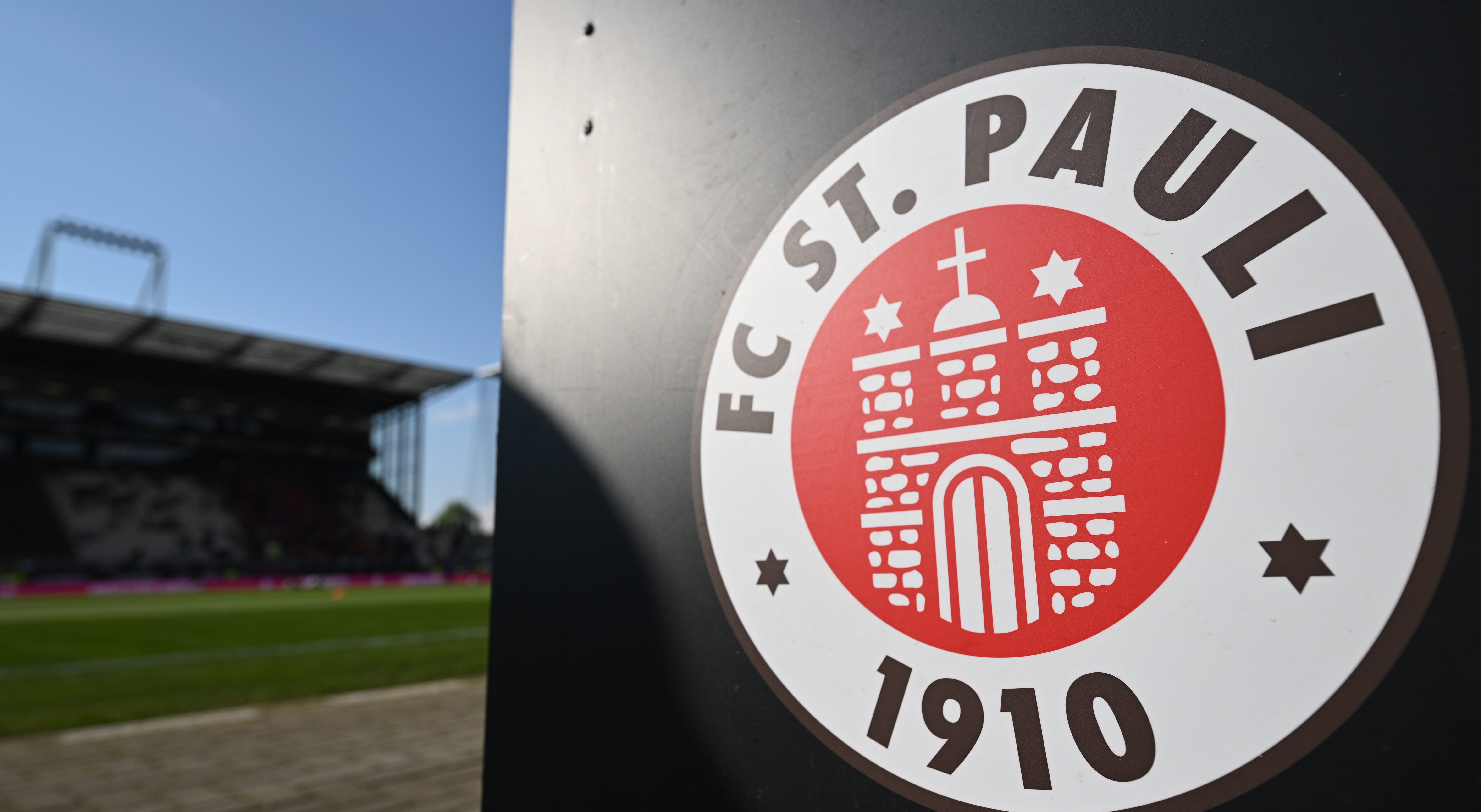San Francisco's district attorney said Thursday that the biggest impediment to cleaning up the fentanyl and crime crisis in the city is the courts letting dealers off the hook.
Brooke Jenkins made the comments at a town hall in the Tenderloin to people living and working there as they looked for answers from the city's top law enforcement officials.
They were sentiments echoed by others in a packed meeting inside the St. Anthony Foundation, and they came about two weeks after a man was shot nearby in broad daylight.
Get top local stories in San Diego delivered to you every morning. Sign up for NBC San Diego's News Headlines newsletter.
“This situation is becoming more and more violent. We have several shootings and stabbings and killings here literally over one week,” said St. Anthony Foundation CEO Nils Behnke. “The problem that we have here is that organized criminals work with impunity and without apparent consequences.”
The community was looking for answers from the people on the panel made up of police Chief Bill Scott, Sheriff Paul Miyamoto, and District Attorney Jenkins, who told the crowd in order for the streets to get cleaned up, the courts need to be cleaned up, as dealers who go to trial are in and out sometimes in hours.
“They can see the same person out the next day not because my office is not doing its job,” she said. “We’re going in filing these motions arguing about the deadliness of fentanyl and about the dangerousness of this conduct and yet still the judges are ignoring it.”
U.S. & World
She went on to tell the crowd that her office wants repeat offenders to be detained while awaiting trial, but only 16 of 100 requests have been granted.
In the meantime, arrests are way up.
Chief Scott says with the help of the California Highway Patrol and federal agencies like the Drug Enforcement Administration that were called in in May to help the understaffed department, it has led to about a thousand narcotics dealings arrests mostly in the Tenderloin and South of Market.
“We are nearly where we were all of last year and we’re just at the beginning of August with drug sales arrests and we’re arresting people who are using in public, and we barely did that at all last year,” said Scott.
The three agree arrests and prosecution are only part of the solution and that much more needs to be done with community resources too.
They say they plan to be back at St. Anthony Foundation in three months for an update.



